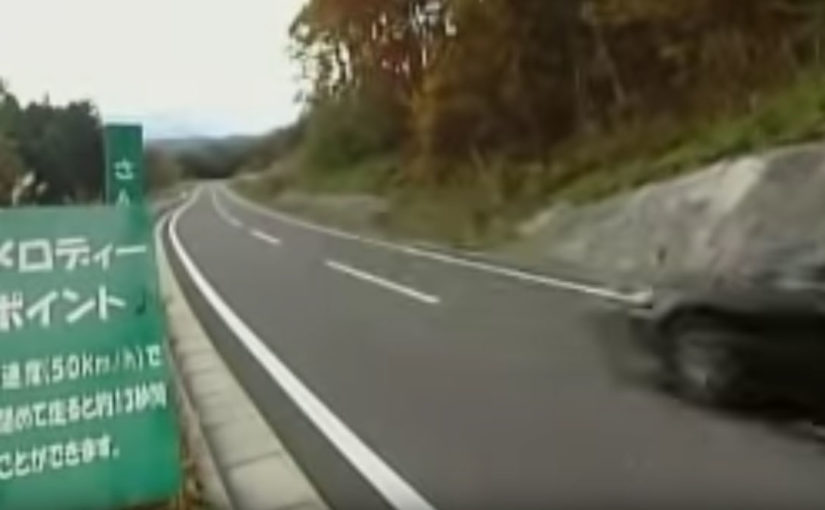A truck is a large motor vehicle, commonly for carrying goods and materials, and also sometimes as a platform for specialist equipment
The Dekotora or Decotora (デコトラ), an abbreviation for “Decoration Truck”, is a kind of loudly decorated truck most commonly found in Japan. Dekotora commonly have neon or ultraviolet lights, extravagant paints, and shiny stainless or golden exterior parts. These decorations can be found on both the cab and the trailer, and not only on the exterior but also in the interior. Dekotora may be created by workers out of their work trucks for fun, or they may be designed by hobbyists for special events. They are sometimes also referred to as Art Trucks (アートトラック).
